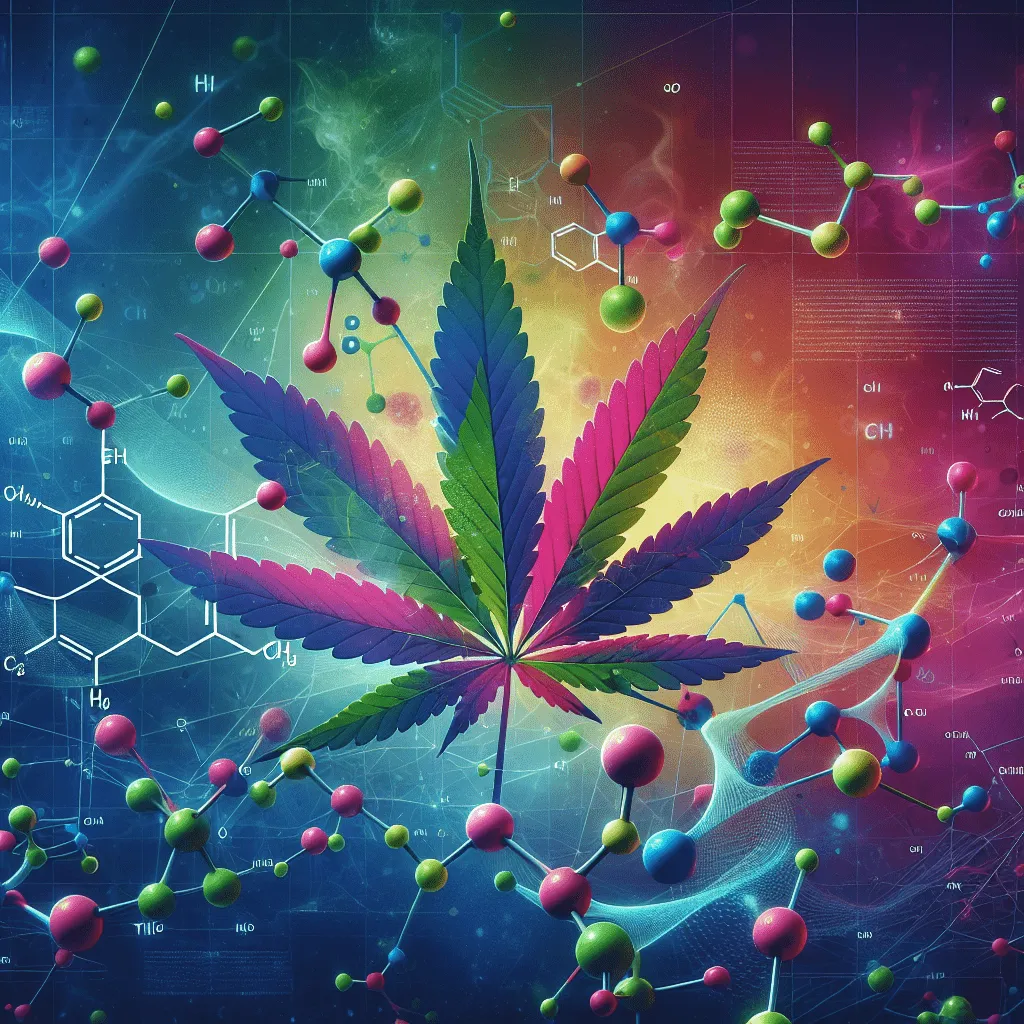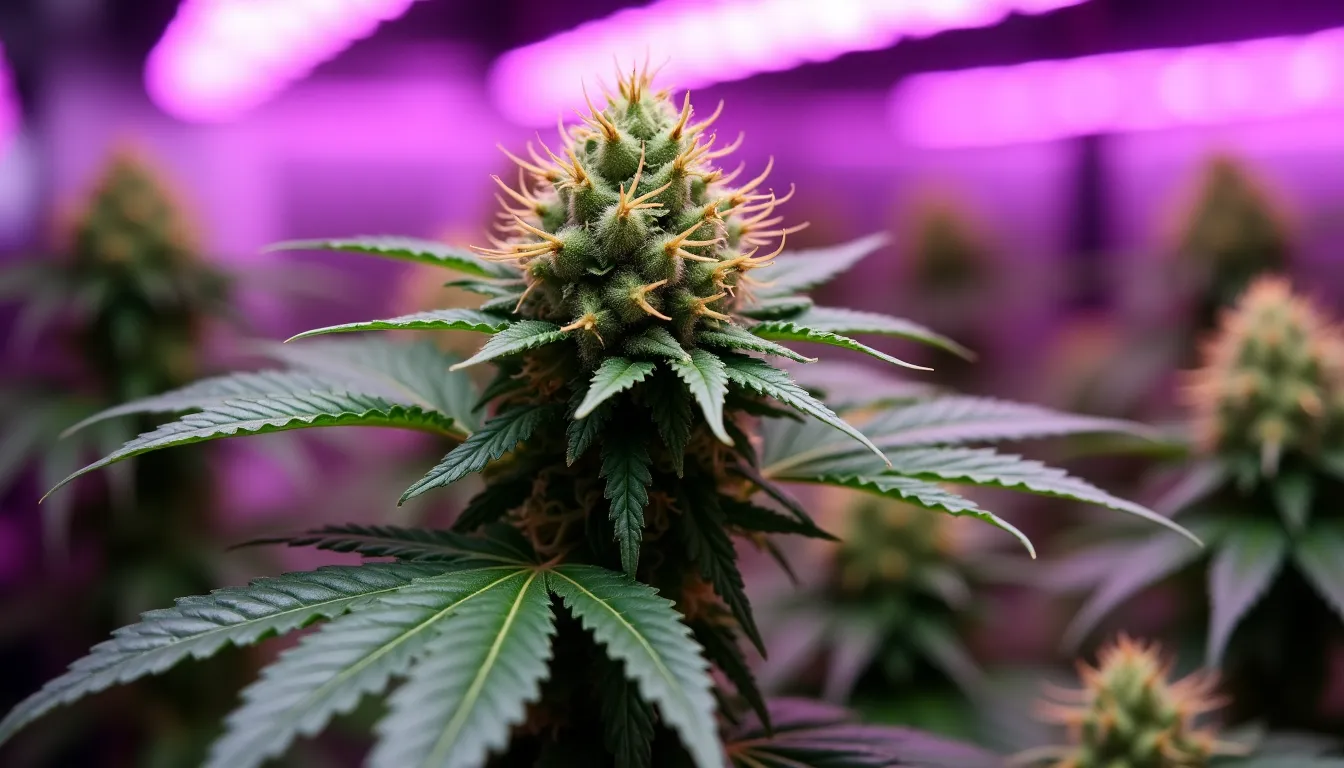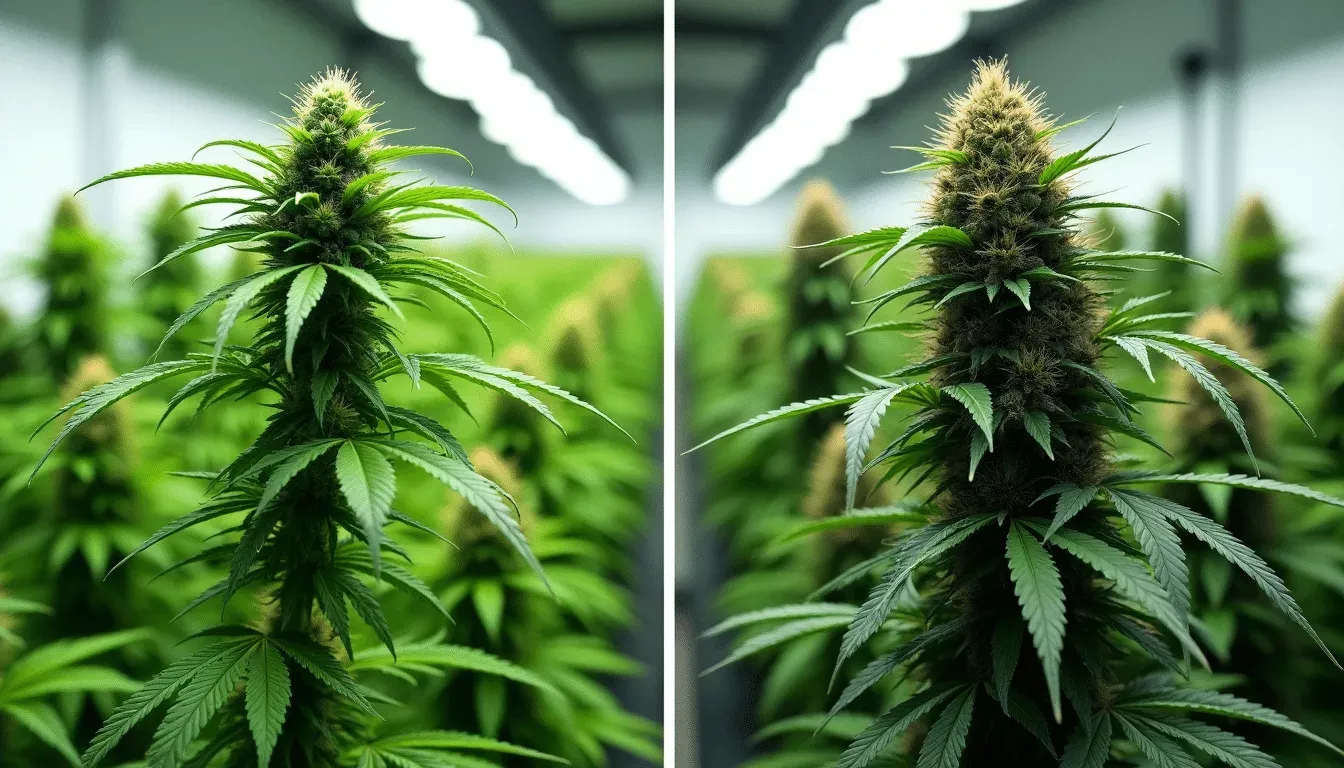What Is THCa and How Does It Work?
Have you ever wondered how marijuana acts as both a relaxant and a medical marvel? While THC is the component we often hear about, there’s another player in the cannabis field that deserves attention:
THCa (tetrahydrocannabinolic acid). This non-psychoactive cannabinoid is abundant in raw cannabis and could very well transform our understanding of this age-old plant. But why is THCa such a hot topic? Well, with ongoing research shedding light on its potential health benefits and applications, 2025 might just be the year it becomes the star of cannabis-derived compounds. In this article, we’ll dive deep into the science behind THCa, explore its myriad benefits, and offer tips on how you might incorporate it into your health regimen.
Understanding THCa: The Science and Context
THCa is a naturally occurring cannabinoid found in the raw, unprocessed cannabis plant. Unlike THC (tetrahydrocannabinol), which is renowned for its psychoactive effects, THCa is non-psychoactive. This means consuming it won’t give you the high typically associated with marijuana use. But what exactly makes THCa different from its more famous counterpart, THC?
Chemically speaking, THCa is the precursor to THC. In its natural state, cannabis plants don’t produce THC; instead, they produce THCa. It’s through a process called decarboxylation that THCa converts into THC. This transformation occurs when the cannabis is exposed to heat through cooking, smoking, or vaping. The application of heat removes a carboxyl group from the THCa, turning it into the psychoactive THC. So, without the decarboxylation of THCa, that well-known cannabis “high” wouldn’t be possible.
But why all the excitement about a precursor compound?
As research advances, THCa is being recognized for its potential benefits, including anti-inflammatory, anti-emetic, and neuroprotective properties. Its non-psychoactive nature makes it particularly attractive for individuals seeking cannabis’s medicinal benefits without its mind-altering effects.
According to a 2021 study published in the Scientific Reports, THCa demonstrates significant anti-inflammatory properties, suggesting its potential role in managing conditions like arthritis.
Exploring the Benefits and Practical Uses of THCa
While the psychoactive properties of THC often overshadow its potential medicinal applications, THCa stands out precisely because it offers benefits without mind-altering effects. Let’s delve into some of the noteworthy benefits and uses of THCa.
Anti-Inflammatory and Pain Relief
One of the most significant areas where THCa shines is its anti-inflammatory properties. Inflammation is the body’s natural response to injury and infection, but chronic inflammation can lead to multiple health issues.
THCa’s potential to mitigate inflammation positions it as a promising natural remedy for conditions like arthritis and fibromyalgia. A reduction in inflammation often correlates with a decrease in pain, making THCa a compelling option for those seeking pain relief.
Neuroprotective Effects
As research delves deeper into THCa’s impact, its neuroprotective properties show great promise. Studies indicate that this cannabinoid may help protect brain cells, offering hope for conditions such as Alzheimer’s and Parkinson’s disease. While most of this research is still in its early stages, the results are promising enough to warrant further exploration.
Nausea and Appetite Stimulation
THCa’s benefits extend to alleviating nausea and stimulating appetite, making it valuable for patients undergoing treatments that affect appetite and digestion, like chemotherapy. While THC has been the primary cannabinoid associated with these effects, THCa offers similar benefits without the psychoactive impact.
Incorporating THCa into Your Health Regimen
So, how can you make the most of THCa’s potential? Here are some actionable insights and tips for those keen to explore its benefits:
Using Raw Cannabis
One way to access THCa is through the consumption of raw cannabis. Incorporating raw cannabis leaves or flowers into green smoothies or salads is a straightforward method. Without the application of heat, the plants retain THCa, allowing you to harness its benefits.
Consider THCa-Specific Products
The cannabis industry is evolving rapidly, and there are now numerous products designed to deliver the benefits of THCa without conversion to THC. THCa tinctures, oils, and capsules are available through dispensaries, enabling users to incorporate this compound into their routine easily. Make sure to research reputable brands and consult with healthcare providers
if you have specific health concerns.
Mindful Consumption
As with any supplement or health product, mindful consumption is key. Start with small doses and gradually adjust as needed. It’s essential to keep an eye on how your body responds and to consult with a healthcare provider, especially if you’re considering THCa for medical purposes. Documenting any changes or effects can also help refine your approach.
Conclusion
THCa, with its non-psychoactive appeal and myriad potential health benefits, stands out as a noteworthy component in the world of cannabis. Whether you’re looking for
pain relief, neuroprotection, or appetite stimulation, THCa offers promising options without the high associated with THC. As research continues and the cannabis market
adapts, the potential to harness THCa’s benefits becomes increasingly accessible.
We encourage you to delve deeper into the world of cannabinoids, discover how they can suit your lifestyle, and perhaps even transform your health regimen. Feel motivated
to explore THCa-rich products at your local dispensary or make a trip to a reputable one soon? Share your experiences and insights with the community to help others benefit from THCa.
The conversation around cannabis is only just beginning—let’s make it an informed and exciting journey together.
FAQ: What Is THCa and How Does It Work?
What is THCa?
THCa, or tetrahydrocannabinolic acid, is a non-psychoactive cannabinoid found in raw cannabis plants. It is the precursor to THC, which is the psychoactive compound responsible for the “high” in cannabis.
How does THCa become THC?
THCa converts to THC through a process called decarboxylation, which occurs when cannabis is exposed to heat or sunlight. This process removes a carboxyl group from THCa, transforming it into THC.
What are the potential benefits of THCa?
THCa is being studied for its potential anti-inflammatory, neuroprotective, anti-emetic, and anti-proliferative properties, which may suggest benefits in managing conditions like arthritis, neurodegenerative diseases, and nausea.
Does THCa have psychoactive effects?
No, THCa itself does not have psychoactive effects. It must be converted into THC through decarboxylation to produce the psychoactive effects commonly associated with cannabis.
Can THCa be consumed directly?
Yes, THCa can be consumed directly, primarily through raw cannabis juicing or using certain tinctures or capsules that specifically preserve the acid form of the cannabinoid. However, without decarboxylation, it will not produce psychoactive effects.
Share this content:



